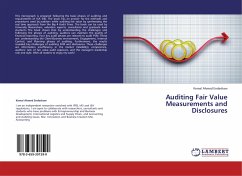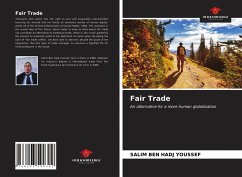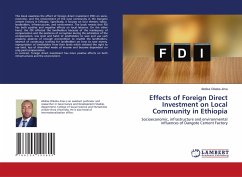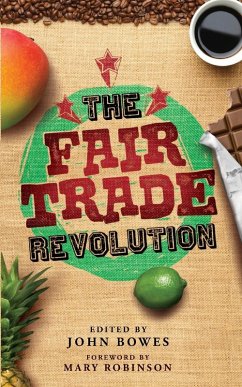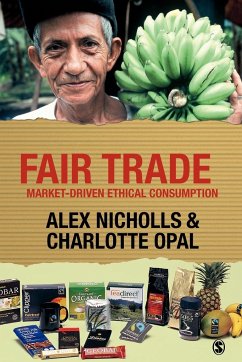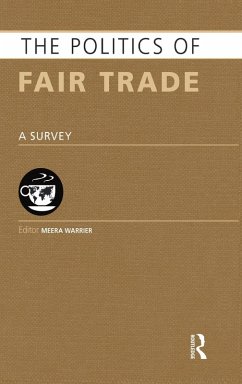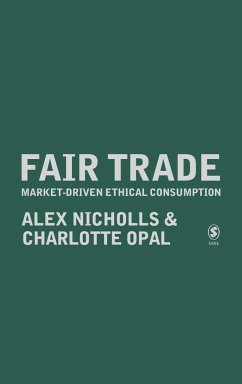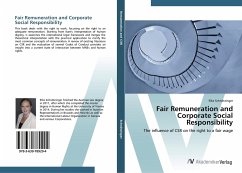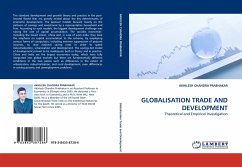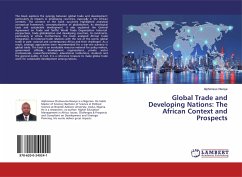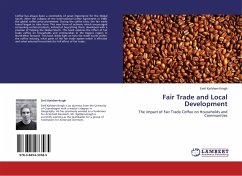
Fair Trade and Local Development
The impact of Fair Trade Coffee on Households and Communities
Versandkostenfrei!
Versandfertig in 6-10 Tagen
32,99 €
inkl. MwSt.

PAYBACK Punkte
16 °P sammeln!
Coffee has always been a commodity of great importance for the Global South. After the collapse of the International Coffee Agreement in 1989, the global coffee price plummeted. During the coffee crisis, the fair trade brand began to take form. This new form of activism, which encouraged consuming certain products, instead of boycotting them, developed with a promise of helping the Global South. This book explores the effect of fair trade coffee on households and communities in the Kagera region in North-West Tanzania. This book sheds light on how fair trade works within the coffee industry, w...
Coffee has always been a commodity of great importance for the Global South. After the collapse of the International Coffee Agreement in 1989, the global coffee price plummeted. During the coffee crisis, the fair trade brand began to take form. This new form of activism, which encouraged consuming certain products, instead of boycotting them, developed with a promise of helping the Global South. This book explores the effect of fair trade coffee on households and communities in the Kagera region in North-West Tanzania. This book sheds light on how fair trade works within the coffee industry, what parts of the fair trade system which is effective and what external forces limit the full effect of fair trade.



